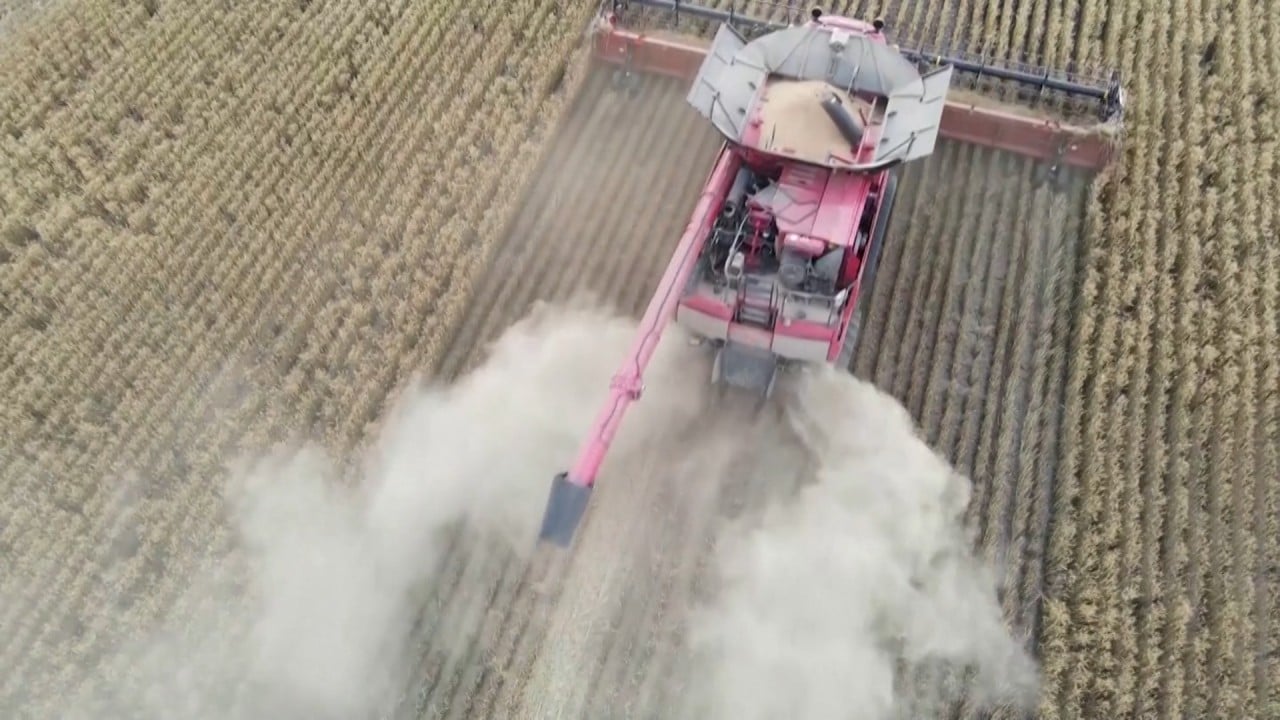China-Australia relations: barley farmers begin harvest under cloud of Beijing’s tariffs
- China confirmed in May that it would impose a tariff of 80.5 per cent on Australia’s barley exports following the conclusion of its anti-dumping investigations
- Two-way trade between China and Australia is worth around A$240 billion (US$175 billion), while China buys around 39 per cent of Australia’s merchandise exports

Out in Australia’s grain fields, farmers have started harvesting one of their biggest ever barley crops, after drought-relieving rains convinced many to plant to the edges of their paddocks.
The diplomatic row between a major exporter and the world’s second-biggest importer is prompting a rapid reconfiguration of global trade in the grain used primarily in beer production and livestock feed.
“As an industry we became too reliant. We had a neighbour happy to pay for our good quality grain, we did probably get complacent,” said Lyndon Mickel, a grains farmer in Western Australia’s southern grain belt.
“This has taught us a lesson to have plenty of diversity in the market to make sure we don’t fall into that situation again.”

01:15
China-Australia trade: Beijing set to ban nearly US$400 million worth of Australian wheat imports